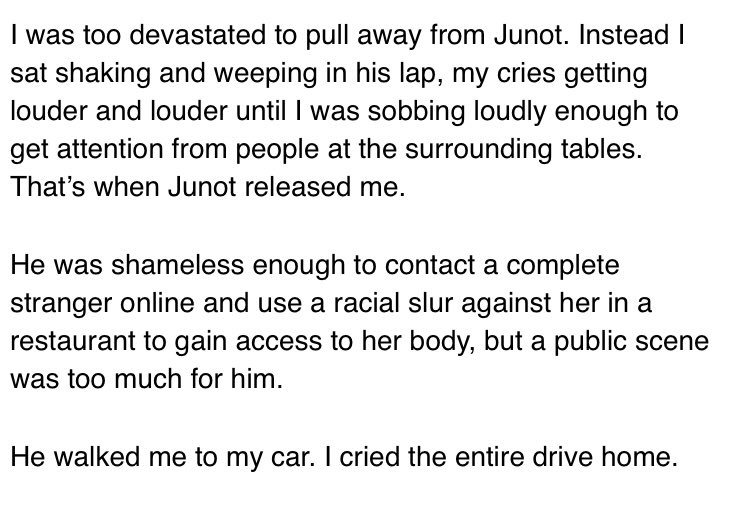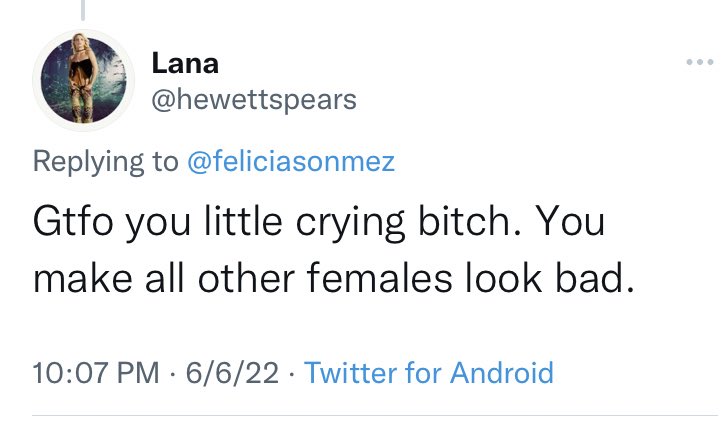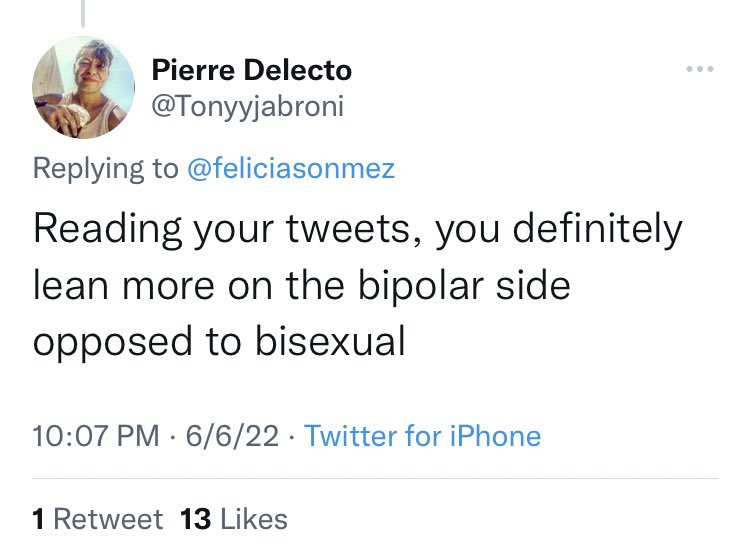In a phone interview, @mbrooksrjc said Trump was talking about "being true to yourself" rather than being loyal to Israel. "I don't think it invokes those [anti-Semitic] tropes," he said of Trump's comment today. 1/3
@mbrooksrjc Brooks last week criticized Rep. Ted Lieu for saying that U.S. Amb. to Israel David Friedman “doesn’t seem to understand that his allegiance is to America, not to a foreign power.” Brooks called on Lieu to apologize: “The issue of ‘dual loyalty’ is classic antisemitism." 2/3
@mbrooksrjc But "there's a big difference" between Lieu's remarks and what Trump said today, Brooks said. He described Trump's message today as, “You’re being disloyal to yourself to say, ‘Hey, I support somebody who is known to espouse anti-Semitic comments.’” 3/3
More in our story here: washingtonpost.com/politics/trump…
• • •
Missing some Tweet in this thread? You can try to
force a refresh
























